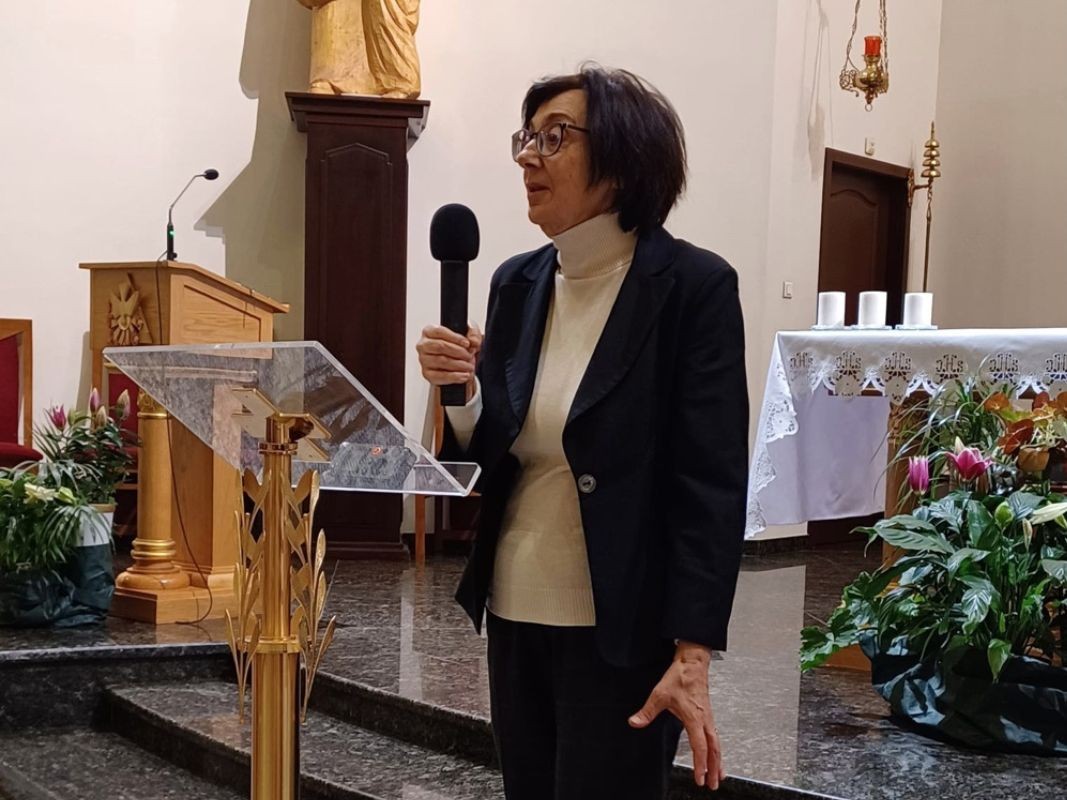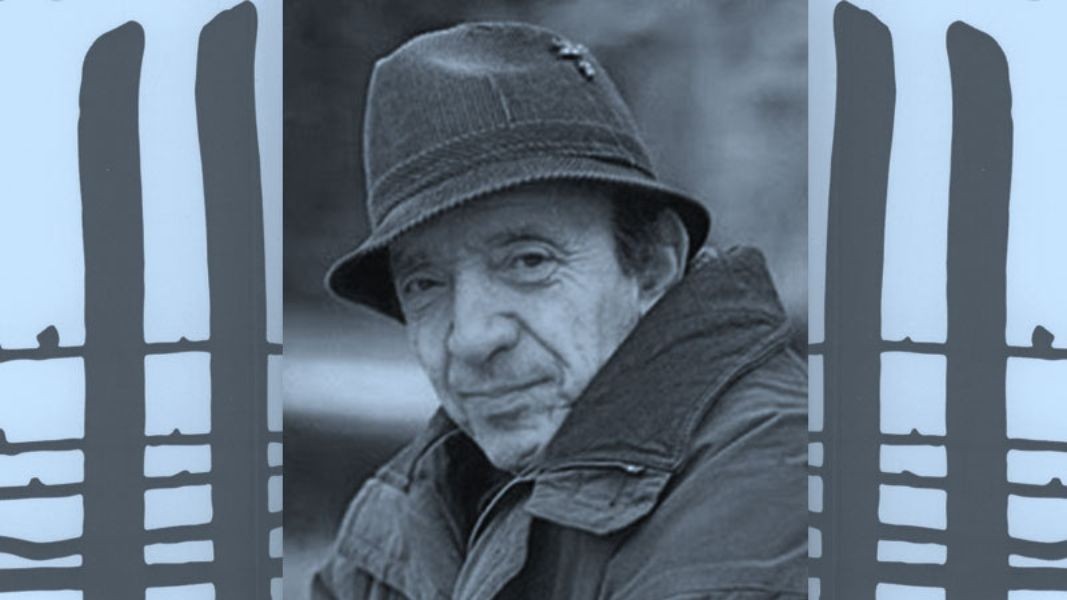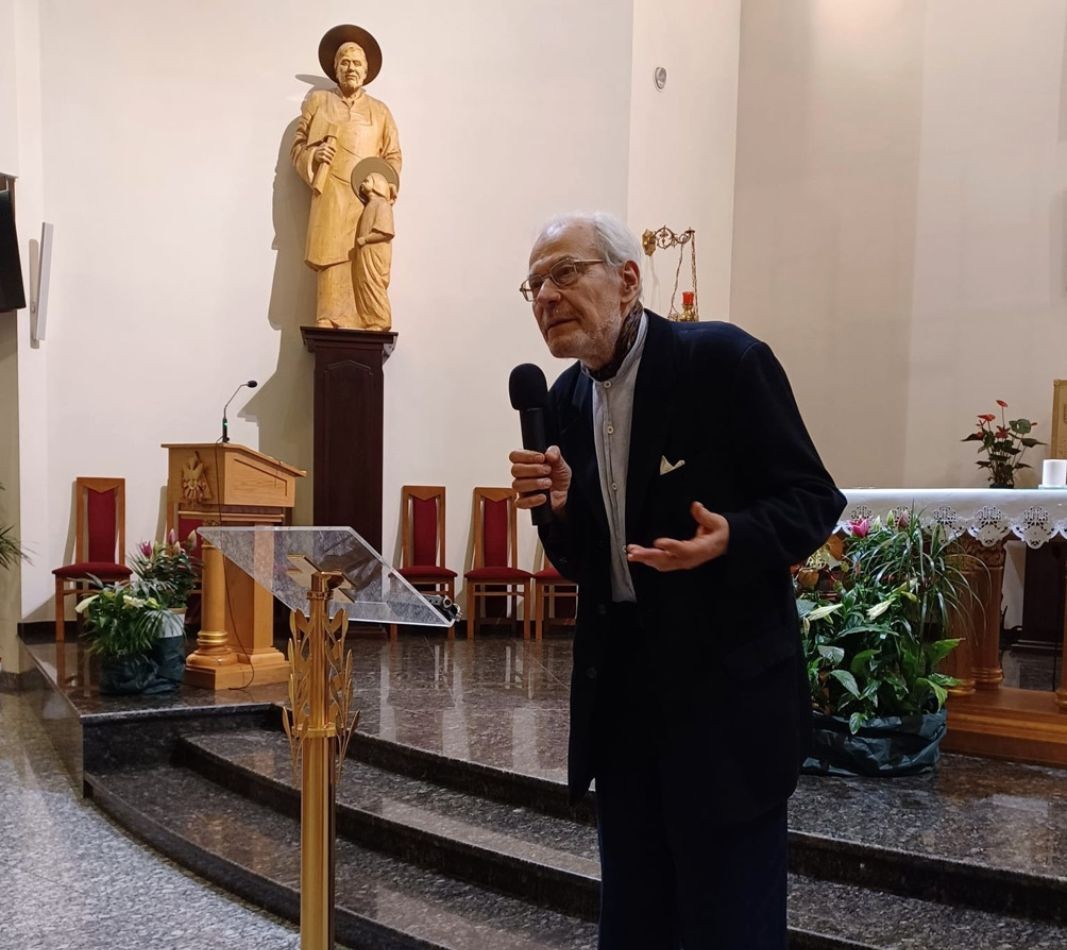


On 23 and 24 November, in Narva and Tallinn, the Narva City Symphony Orchestra (Narva Linna Sümfooniaorkester) under chief conductor Anatoli Shchura presents an intriguing programme featuring works by Mozart, Alfred Schnittke, and Bulgarian composer..
“Friends”, “The Main Street”, “The Tall Girl”, “Till the Last Hour”, “Guitar on the Platform”, and many more… Rock hits with deep lyrics and messages that shaped more than one generation — this is what we find in the new double live album by the band..
One of the most significant events on Bulgaria’s cultural calendar - the Festival of Opera and Ballet Art in Stara Zagora - traditionally will open with a premiere by the host company, the Stara Zagora State Opera . On November 21 and 22,..

+359 2 9336 661
